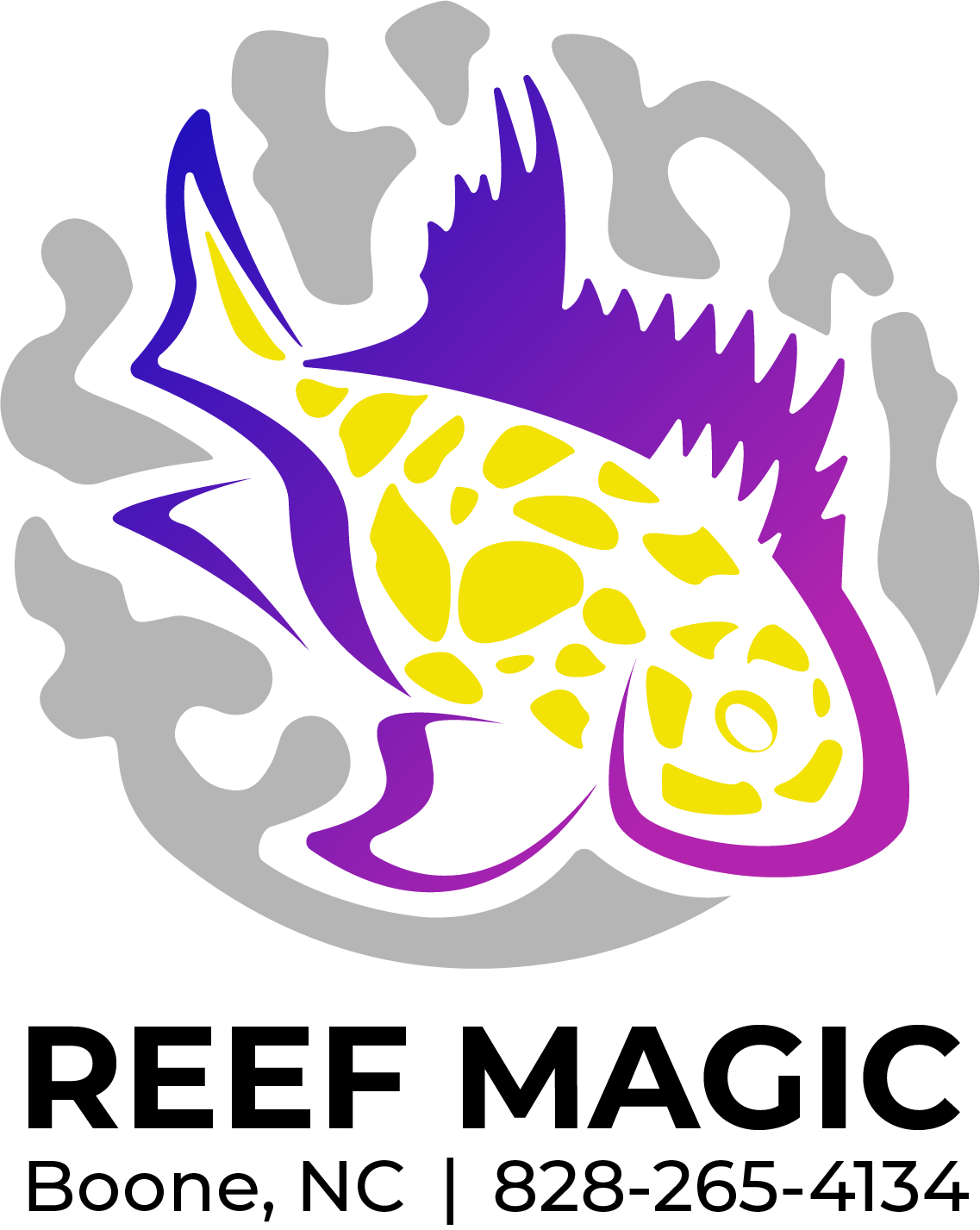 Image 1 of 1
Image 1 of 1


Tang - Powder Brown Lg
The Powder Brown Tang, also known as the White-faced Surgeonfish or Powder Brown Surgeonfish (Acanthurus japonicus), is a beautiful and popular marine fish species that requires specific care to thrive in a home aquarium. Here are the key requirements for keeping a Powder Brown Tang:
Aquarium Size: Powder Brown Tangs are active swimmers and require a spacious aquarium. A tank with a capacity of at least 75 gallons (283 liters) is recommended for a single Powder Brown Tang. Providing ample swimming space and suitable territory is important.
Water Parameters: Maintaining stable and pristine water conditions is crucial for the well-being of Powder Brown Tangs. The recommended water temperature should be between 72°F and 78°F (22°C to 26°C), with a pH level around 8.1 to 8.4. The salinity should be maintained between 1.020 and 1.025. Regular testing and monitoring of water parameters are necessary.
Filtration and Circulation: A high-quality filtration system, including a protein skimmer, is essential to maintain excellent water quality. Powder Brown Tangs produce a significant amount of waste, so efficient filtration is necessary. Moderate to strong water flow is preferred to simulate their natural ocean environment.
Tank Environment: Powder Brown Tangs require a well-established reef aquarium with plenty of live rock structures, providing them with hiding places, territory, and grazing surfaces. They appreciate open spaces for swimming and areas with corals and rock formations where they can explore and hide if needed.
Tank Mates: Powder Brown Tangs are generally peaceful but can become territorial towards other tangs or similar-looking species. It is generally recommended to keep them in a species-only tank or with other peaceful and non-aggressive fish species. Avoid housing them with very passive or slow-moving fish that may be seen as potential targets.
Diet: Powder Brown Tangs are herbivorous and require a diet rich in marine-based algae and plant matter. Offer them a variety of high-quality marine algae, such as dried seaweed (Nori), spirulina flakes, and herbivore pellets. Supplement their diet with small amounts of meaty foods, such as mysis shrimp or brine shrimp, to provide essential protein.
Feeding Frequency: Feed Powder Brown Tangs small amounts of food multiple times a day. They have a fast metabolism and require regular feeding to maintain their health and vitality. Offer them enough food that they can consume within a few minutes, avoiding overfeeding and maintaining water quality.
Behavior and Care: Powder Brown Tangs are generally hardy fish, but they can be prone to stress and diseases if not provided with proper care. Regular observation of their behavior, appetite, and overall health is important to detect any signs of stress, disease, or malnutrition. Provide a peaceful and stable environment to help them thrive.
It's important to note that Powder Brown Tangs can be challenging to keep and are best suited for experienced saltwater hobbyists. Thorough research and consultation with experts are highly recommended before considering keeping a Powder Brown Tang in your aquarium.
The Powder Brown Tang, also known as the White-faced Surgeonfish or Powder Brown Surgeonfish (Acanthurus japonicus), is a beautiful and popular marine fish species that requires specific care to thrive in a home aquarium. Here are the key requirements for keeping a Powder Brown Tang:
Aquarium Size: Powder Brown Tangs are active swimmers and require a spacious aquarium. A tank with a capacity of at least 75 gallons (283 liters) is recommended for a single Powder Brown Tang. Providing ample swimming space and suitable territory is important.
Water Parameters: Maintaining stable and pristine water conditions is crucial for the well-being of Powder Brown Tangs. The recommended water temperature should be between 72°F and 78°F (22°C to 26°C), with a pH level around 8.1 to 8.4. The salinity should be maintained between 1.020 and 1.025. Regular testing and monitoring of water parameters are necessary.
Filtration and Circulation: A high-quality filtration system, including a protein skimmer, is essential to maintain excellent water quality. Powder Brown Tangs produce a significant amount of waste, so efficient filtration is necessary. Moderate to strong water flow is preferred to simulate their natural ocean environment.
Tank Environment: Powder Brown Tangs require a well-established reef aquarium with plenty of live rock structures, providing them with hiding places, territory, and grazing surfaces. They appreciate open spaces for swimming and areas with corals and rock formations where they can explore and hide if needed.
Tank Mates: Powder Brown Tangs are generally peaceful but can become territorial towards other tangs or similar-looking species. It is generally recommended to keep them in a species-only tank or with other peaceful and non-aggressive fish species. Avoid housing them with very passive or slow-moving fish that may be seen as potential targets.
Diet: Powder Brown Tangs are herbivorous and require a diet rich in marine-based algae and plant matter. Offer them a variety of high-quality marine algae, such as dried seaweed (Nori), spirulina flakes, and herbivore pellets. Supplement their diet with small amounts of meaty foods, such as mysis shrimp or brine shrimp, to provide essential protein.
Feeding Frequency: Feed Powder Brown Tangs small amounts of food multiple times a day. They have a fast metabolism and require regular feeding to maintain their health and vitality. Offer them enough food that they can consume within a few minutes, avoiding overfeeding and maintaining water quality.
Behavior and Care: Powder Brown Tangs are generally hardy fish, but they can be prone to stress and diseases if not provided with proper care. Regular observation of their behavior, appetite, and overall health is important to detect any signs of stress, disease, or malnutrition. Provide a peaceful and stable environment to help them thrive.
It's important to note that Powder Brown Tangs can be challenging to keep and are best suited for experienced saltwater hobbyists. Thorough research and consultation with experts are highly recommended before considering keeping a Powder Brown Tang in your aquarium.






